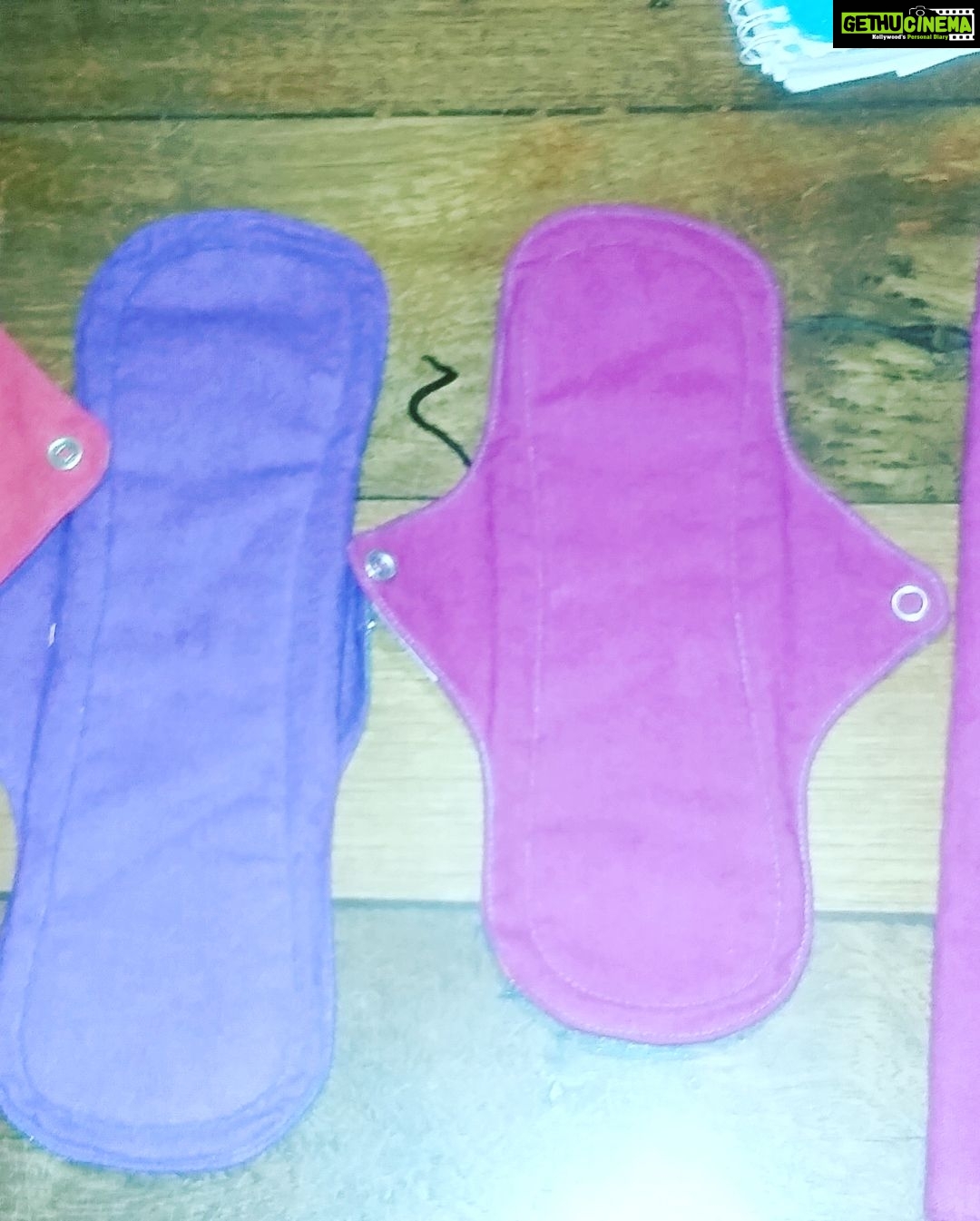Poonam Kaur Instagram – When I and my sister visited a ngo and were pretty surprised about how many people are working towards the reuse or better use of plastic and a few women NGOs for for discouraging the the use of harmful plastic sanitary pads both for environment and health … let’s save the environment for generations to come … we do not want more plastic than fishes in the ocean 🌊 by 2050 … #worldenvironmentday Note # “If we do not begin to address this issue now, we will have volume of non-biodegradable waste that will take hundreds of years to degrade.” According to a survey, about 336 million girls and women experience menstruation in India, which means that approximately 121 million of them are using disposable sanitary napkins.
In a survey, Path, a global leader in innovations, which works with industry, governments and other stakeholders, to bridge gaps between the supply and demand of quality products and is currently working on testing a hybrid reusable sanitary pad, estimated that over a billion of these non-compostable pads are being dumped in landfills and sewerage systems.
Most women in big cities and towns go for commercial disposable sanitary napkins (DSN) not knowing that some of these products pose health hazards due to its chemical cocktail content (dioxin, furan, pesticides and other endocrine disruptors), said experts.
With no knowledge of how to dispose them off, most women just throw them in the garbage bin which usually gets mixed up with dry, wet and hazardous waste.
Apart from the fact that it cannot be recycled, the exposed sanitary napkin poses grave health risks for the waste collector.
The problem does not end here. The plastic layer which is used to make it stain-free and the chemicals used in producing it get further transferred between soil, water and air, experts added.
Most women and girls in rural India use cloth, which if not dried in proper sunlight for reuse could lead to further health complications. In fact, many women in rural India tend to throw them in open spaces, like rivers, wells and even roadsides as they don’t have access to safe options.
Activists are advocating using reusable eco-frien | Posted on 05/Jun/2018 17:42:18







